Causes Of Tinnitus To Look Out For
About fifty million individuals in the United States experience tinnitus in some form, and for approximately two million of those individuals, it can be debilitating. Tinnitus is described as perceiving a ringing or similar abnormal noise in the ears. The sounds range from high squeals to low roars. There are two different types of tinnitus. Someone examining the patient’s ear can hear the objective form, and the patient can only hear the subjective type. Several factors can contribute to tinnitus and knowing what they are can help patients determine if they are at significant risk for developing this condition. Learn about the biggest ones now.
Prolonged Exposure To Loud Noises

Prolonged exposure to loud noises can be quite damaging to the delicate structures inside the ears. It is entirely possible to experience temporary tinnitus after a concert or short-term exposure to loud noises. This typically goes away, but when exposure is long-term, permanent damage can occur, causing the chronic ringing. Common sources of loud noises include heavy equipment, portable music devices, or even frequently being around firearms without ear protection. This exposure can cause damage to the inner ear cells, and once these are impaired, random electrical impulses may be 'leaked' to the brain, causing the abnormal noises to occur. This is because these impulses are interpreted as sound.
Continue reading to learn about another potential cause of tinnitus.
Earwax Blockage
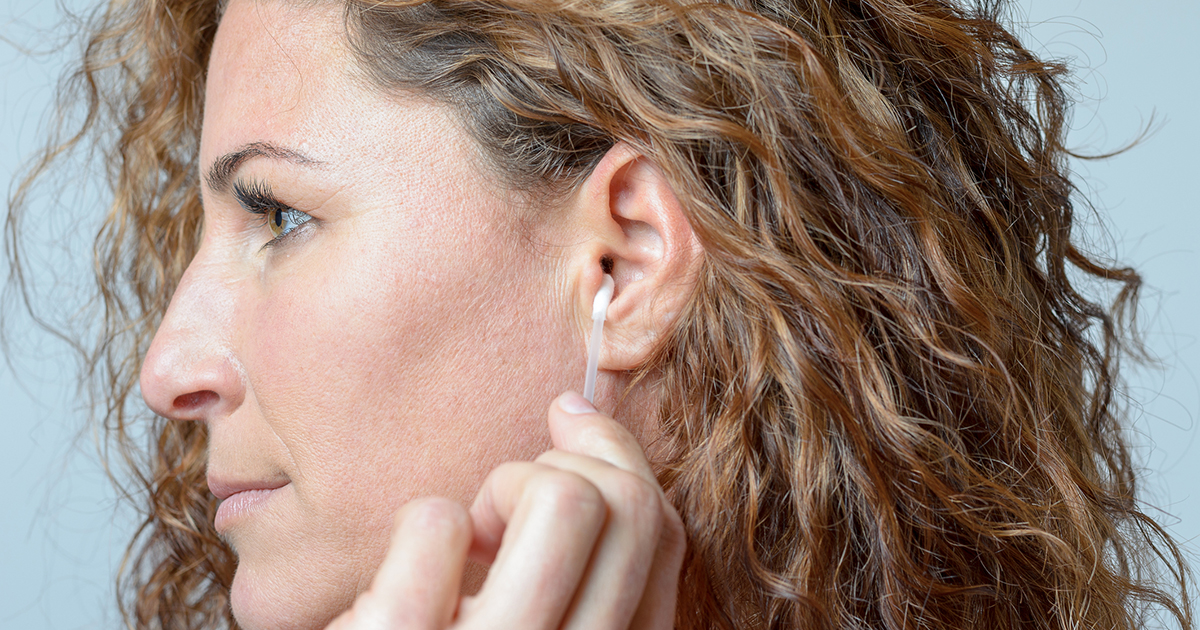
Earwax is a good thing in moderation, as it is important for trapping dirt and debris to protect the ear canal. It also slows bacteria growth to prevent infections in the ears. However, when wax builds up, it starts to harden, and at this point, it cannot just be easily washed away. As it accumulates, the eardrum can become irritated due to the earwax blockage. Tinnitus is a possible symptom of eardrum irritation. Once the wax is cleared, patients may notice a reduction in the ringing and other abnormal noises, though this is not guaranteed. It depends on several factors, such as how long the excess wax was present and irritating the eardrum.
Keep going to understand another cause of tinnitus now.
Hearing Loss Due To Aging

Hearing loss due to aging is not uncommon, and by the time someone reaches their sixtieth birthday, many individuals start to notice their hearing is not as sharp as it once was. When hearing loss occurs due to getting older, it is referred to as presbycusis. Initially, patients might find it difficult to hear sounds higher in pitch, and as the hearing loss gradually becomes worse, lower frequencies might also become harder to distinguish. For some patients, tinnitus can also occur. Hearing aids are commonly recommended for this type of hearing loss, as they may help patients hear sounds of varying frequencies better. These devices might also be beneficial for helping reduce any associated tinnitus.
Continue to reveal information about another potential cause of tinnitus.
Meniere's Disease

Meniere's disease can cause an array of symptoms, but one of the first signs patients often experience is tinnitus. This disease is a type of inner ear disorder that causes individuals to experience fluctuating hearing loss, pressure in the ear, vertigo, and tinnitus. Over time, the hearing loss from Meniere's disease can become permanent. In most cases, those with this disorder only have it in one ear.
While the pathology is not well understood, doctors believe the improper fluid drainage, allergies, a genetic predisposition, migraines, abnormal immune response, viral infection or head trauma could all play a role in causing Meniere's disease. What is known is patients with this condition tend to have abnormal fluid levels in their inner ear.
Continue to fully understand another potential cause of lasting tinnitus.
TMJ Disorders
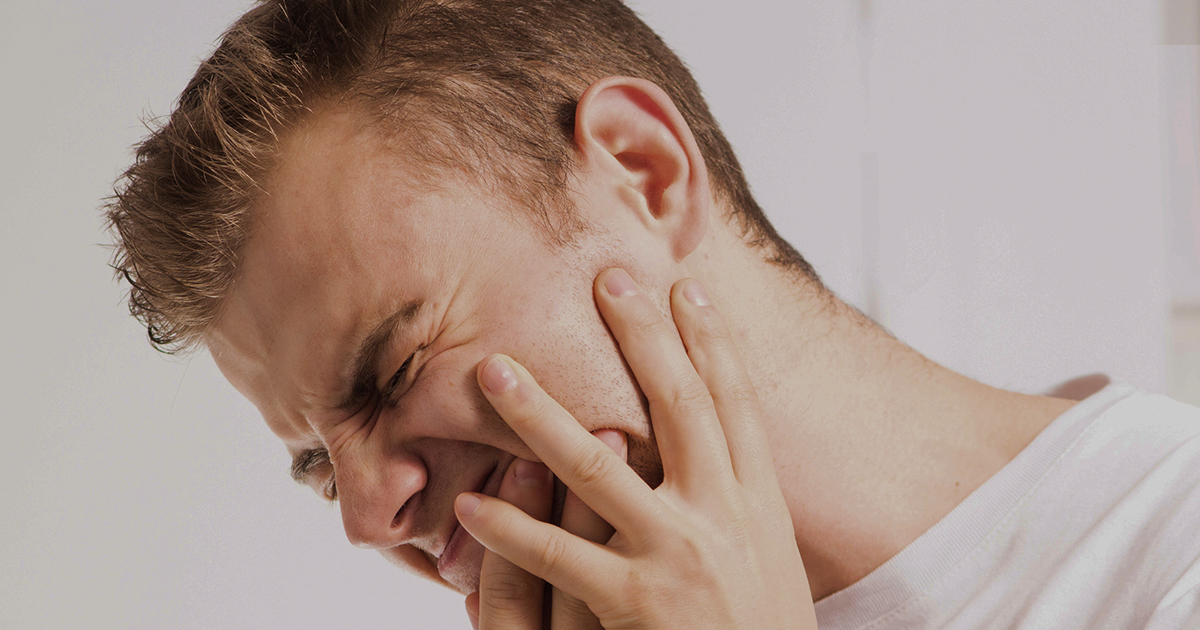
TMJ disorders involve the temporomandibular joint, which is located where the skull and lower jawbone come together. An array of symptoms can occur with these disorders, and tinnitus is a common one. In many cases, doctors are not able to determine the exact cause of a patient's temporomandibular joint issues. However, it is believed several factors might contribute, such as arthritis in the joint, genetics, or a history of jaw injuries. Habitual grinding of the teeth or frequent jaw clenching might also play a role. Pain in the jaw is common, and patients might also experience pain in the ear, facial pain, joint locking, and trouble with chewing.
Read more about what can cause tinnitus now.
Repeated Ear Infections
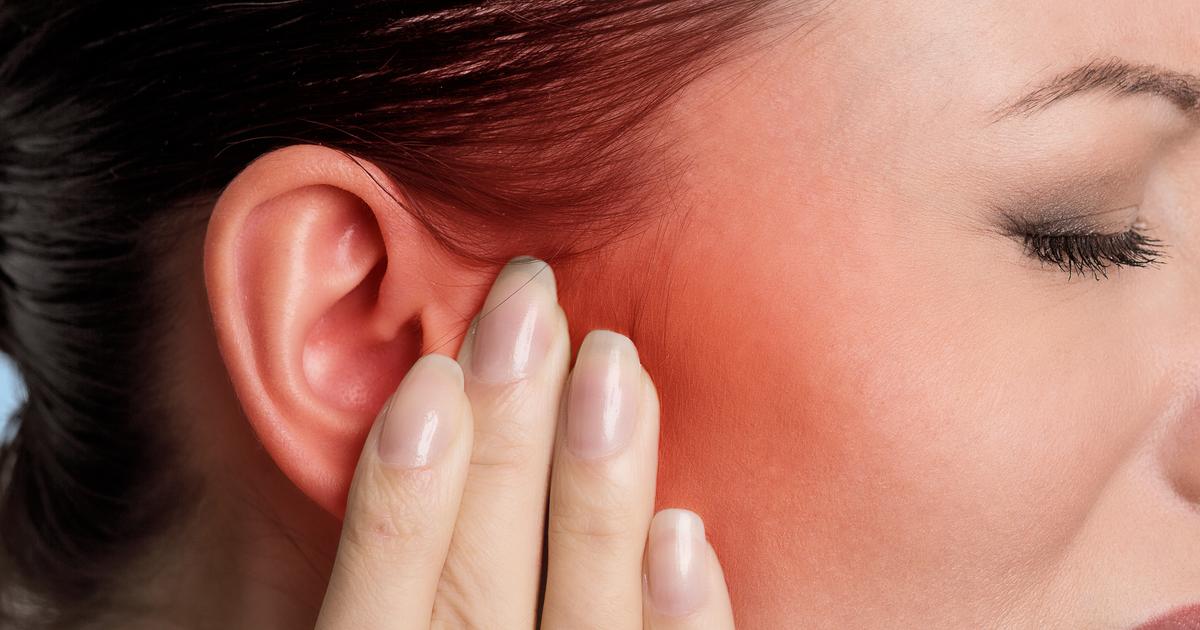
Repeated ear infections can occur in both adults and children, and they may cause symptoms such as tinnitus, a feeling of pain or pressure in the ear, hearing loss, and discharge from the ear. Patients with repeated ear infections may have trouble sleeping, and they might also develop a mild fever. Individuals who suspect they could have an ear infection should visit their primary care doctor for an examination. The doctor will look in their ear with an otoscope to check for swelling or redness of the ear canal or eardrum. Depending on the cause, patients with repeated ear infections may need to be seen by an ear, nose, and throat specialist, and they may require antibiotics or surgical intervention, such as a myringotomy, to encourage fluid drainage. Rarely, patients with repeated infections may need surgical repair of the eardrum. If the infection spreads to the mastoid bone of the ear, an operation might be required to resolve this.
Keep reading to uncover more details on the various causes of tinnitus now.
Head Or Neck Injuries

Head or neck injuries may lead to particularly severe tinnitus. For example, concussions, whiplash, and other head or neck injuries caused by car accidents, falls, or contact sports are all commonly associated with the development of this disorder. Patients who have had a head or neck injury should seek immediate medical attention. Doctors will perform a physical exam, and ultrasounds, MRI scans, or CT scans may be necessary to confirm a diagnosis. Depending on the type of injury a patient has experienced, surgery and frequent follow-up care may be required. Patients with injuries to the head and neck often report more issues coping with the effects of their tinnitus in daily life as compared to patients whose tinnitus was not caused by an injury. They typically have issues with memory and concentration, and they may also have trouble sleeping and relaxing. Doctors believe injured patients with tinnitus likely experience more difficulties in their daily lives because their tinnitus has a more abrupt onset than generally occurs in other cases. Sound therapy and psychological therapy are thus especially important in helping patients with injuries learn to cope effectively with tinnitus.
Discover more tinnitus causes now.
Inner Ear Muscle Spasms
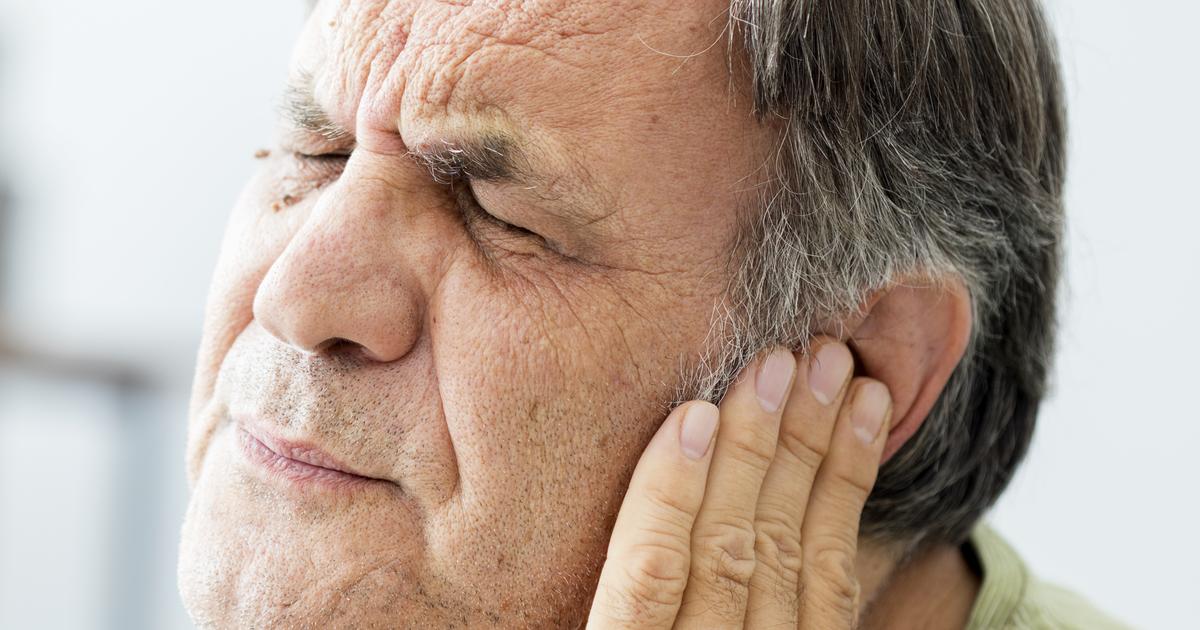
Inner ear muscle spasms are a rare cause of tinnitus. While several muscles in the ear are vulnerable to spasms, the tensor tympani and stapedius muscles are the most common locations for the muscle spasms that produce tinnitus. Normally, the spasms are triggered by inflammation in the inner ear. Some patients with tinnitus who experience spasms of the ear muscles may have middle ear myoclonus, an especially rare form of tinnitus that affects an estimated six in every ten thousand individuals. Patients with this kind of tinnitus may benefit from the use of muscle relaxants, anticonvulsants, and zygomatic pressure. Surgical interventions such as a tympanostomy might be beneficial for some individuals. During a tympanostomy, a specialist inserts a tube into the tympanic membrane so the pressure on both sides of the membrane is equalized. This procedure is most often performed on children. Some studies suggest ear muscle spasms could be connected to high levels of anxiety and stress, and patients might be offered anti-anxiety medication to ease the spasms.
Get more details on what can cause tinnitus now.
Acoustic Neuroma

An acoustic neuroma is a benign (non-cancerous) tumor that slowly grows along the vestibular nerve, one of the major nerves connecting the inner ear to the brain. Patients with this tumor often have very subtle symptoms that take years to develop. Symptoms associated with an acoustic neuroma normally include tinnitus in the ear affected by the tumor and gradual hearing loss. Dizziness, balance problems, and facial numbness have been reported, and some individuals with this tumor might experience weakness or an inability to move certain muscles. To perform an assessment for an acoustic neuroma, a physician will examine the ear with an otoscope, and a hearing test with an audiologist may be performed. MRI scans are ideal for detecting acoustic neuromas, and these scans are capable of detecting tumors as small as one millimeter in diameter. If an acoustic neuroma is detected, doctors may recommend regular monitoring for some patients, particularly for individuals who have no symptoms and who have small tumors. Surgical removal is an option for many acoustic neuromas, and stereotactic radiosurgery may also be considered.
Uncover another cause of tinnitus now.
Eustachian Tube Dysfunction
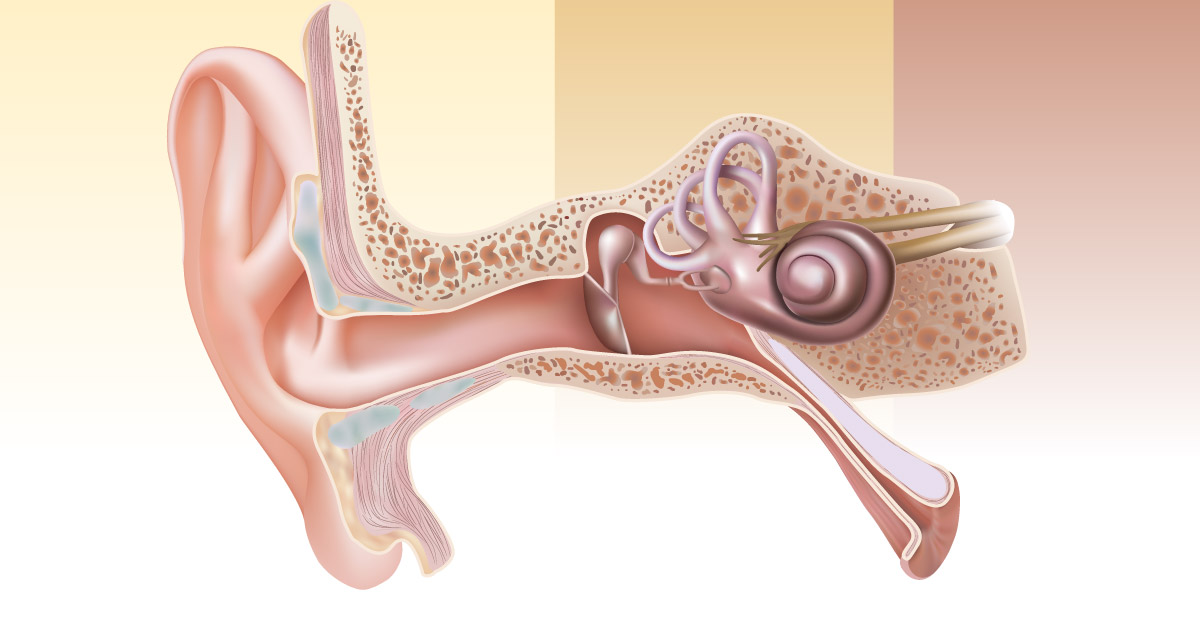
Eustachian tube dysfunction is a common condition that typically resolves with home treatment. Patients with this condition generally experience clicking or popping sensations in the ear, and a feeling of fullness in the ears is frequently observed. Sometimes, individuals with Eustachian tube dysfunction may have ear pain or a feeling their ear is being tickled. Allergies, colds, and altitude changes are some of the most common causes of this ailment, and children are at an increased risk of the condition since they have smaller Eustachian tubes than adults. Eustachian tube issues are routinely diagnosed with a physical exam of the ear. The doctor may also need to check the patient's throat and nose to rule out other ailments. Treatment options for this condition include saline nasal sprays, antibiotic ear drops, and over the counter pain relievers. Ear candles should not be used to treat Eustachian tube problems. For the majority of patients, the condition resolves within two weeks.